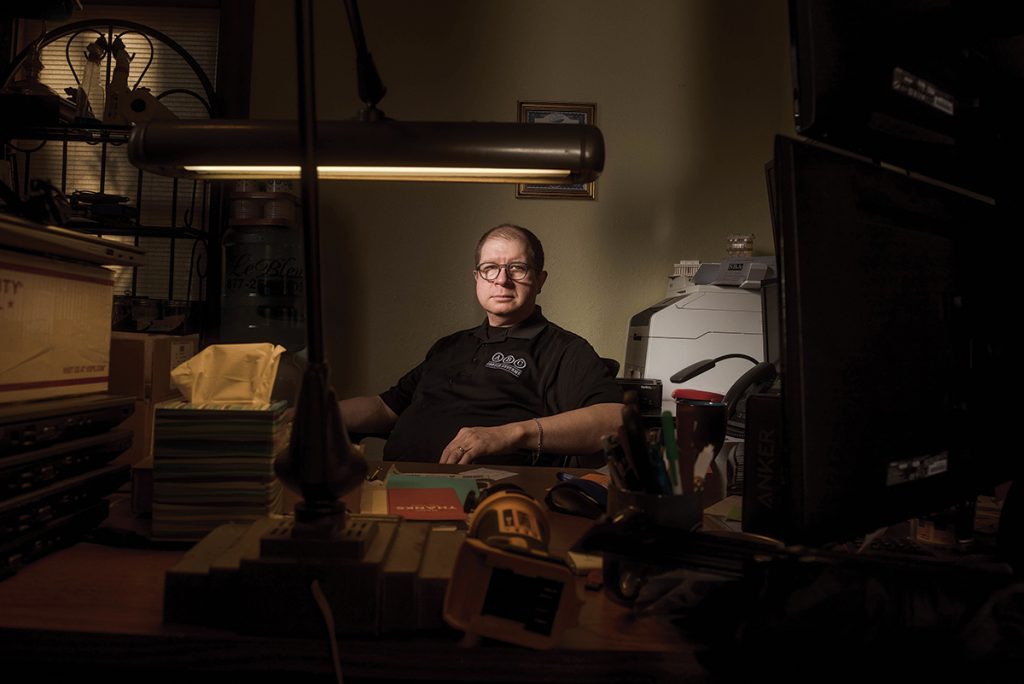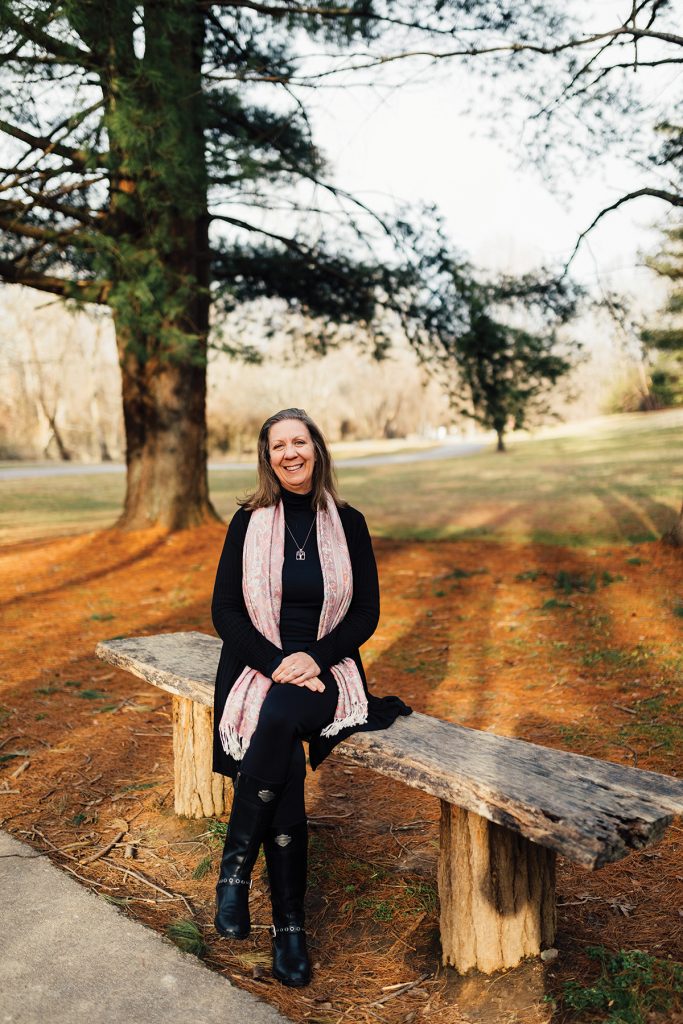
The Rosenwald school in East Flat Rock was completed in 1923 and closed in 1951.
During the first decades of the 20th century, a time marred by war and economic hardship, a unique model of activism emerged between an African-American educator and a white philanthropist. The two united to improve the educational opportunities for African-American children throughout the South with a collection of more than 5,000 so-called Rosenwald Schools.
Some 800 of the schools were built in North Carolina. A handful of Rosenwald Schools were in the western part of the state, and two of them will be the subject of a presentation this month at the Blue Ridge Center for Lifelong Learning.
The lone surviving Rosenwald building in WNC is in Madison County and is the focus of a fundraising effort by a local group, Friends of the Mars Hill Anderson Rosenwald School, who present this month’s program at BRCLL. “It’s still standing … proud but silent,” says committee speaker Willa Wyatt. “The rehabilitation process has been long, but very rewarding. [We want] to see the Anderson Rosenwald School again be a place of dignity and importance, where its stories can be told.” The Mars Hill school opened in 1928 and graduated its last class in 1965. Another school, since demolished, opened in East Flat Rock in 1922 and remained in operation for 30 years.
The Rosenwald Schools arose from a meeting between Dr. Booker T. Washington, the founder of Tuskegee University in Alabama, and the philanthropist Julius Rosenwald, a major Sears, Roebuck and Company stockholder who later assumed the company’s presidency. African-American students in the Jim Crow-era South received vastly inferior education — sometimes that meant no education at all — compared to their white counterparts. Rosenwald and Washington developed a matching-grant model where the local black community supplied the labor to build each school — according to blueprints provided by Tuskegee architects — while school boards in each community, almost all of them whites-only, committed to maintaining them. (Even so, many schools had to make logistical accommodations; in communities where electricity was scarce, schools were built with bigger windows to let in more natural light.)
The Rosenwald Fund provided $4 million dollars to build schools in 15 states, all of them in operation by the mid-1920s. Most remained open until the passage of Civil Rights legislation and desegregation of public schools in the 1960s, and about 60 of the schools which still stand are now registered as National Historic Landmarks.

Hortense Potts of East Flat Rock attended the local Rosenwald School and went on to a career in education. Photo by Rimas Zailskas
Plans for the Mars Hill school in the town’s Long Ridge community include restoring it for use as a community cultural center and an interpretive museum. And although the main structure of the East Flat Rock school is no longer standing, its last surviving graduate, 90-year-old Hortense Potts, still lives on her family’s property that includes a few physical remnants of the campus.
After graduating from Rosenwald, Potts went to the Ninth Avenue High School, providing her own way to classes (many African-American students had to discontinue their education due to no transportation). Next she attended Bennett College in Greensboro and went on to earn a Masters in Special Education.
Potts eventually moved back home and taught at West Henderson High School, part of a family lineage of educators (her uncle, John Potts, Sr., was once principal at the local Rosenwald school). In fact, many of the Rosenwald graduates who furthered their education became teachers — one of them, Ms. Potts recalls to Bold Life, earned a Ph.D.
“The school was lacking things like beauty, hot and cold water, indoor bathrooms,” she remembers. “But in spite of this,” she adds, “there were no discipline problems.”
Potts notes that her parents and family “wanted their children to have an education.” She says that learning at Rosenwald “was the beginning of being able to have the life and career that I’ve experienced.”
The Blue Ridge Center for Lifelong Learning presents a program on the Rosenwald Schools Wednesday, May 17, 10am-noon (180 West Campus Drive, Flat Rock). $30/general admission, $20/BRCLL members. From 1-3pm, a free community event will be held in the same location, with appearances by alumni of Rosenwald Schools, including Hortense Potts of East Flat Rock and former students of the Anderson Rosenwald School in Mars Hill. For more information, visit brcll.com or call 828-694-1740.




A wonderful lady who has been a friend of our family for at least 60 plus years. Thank you for honoring her with this article.